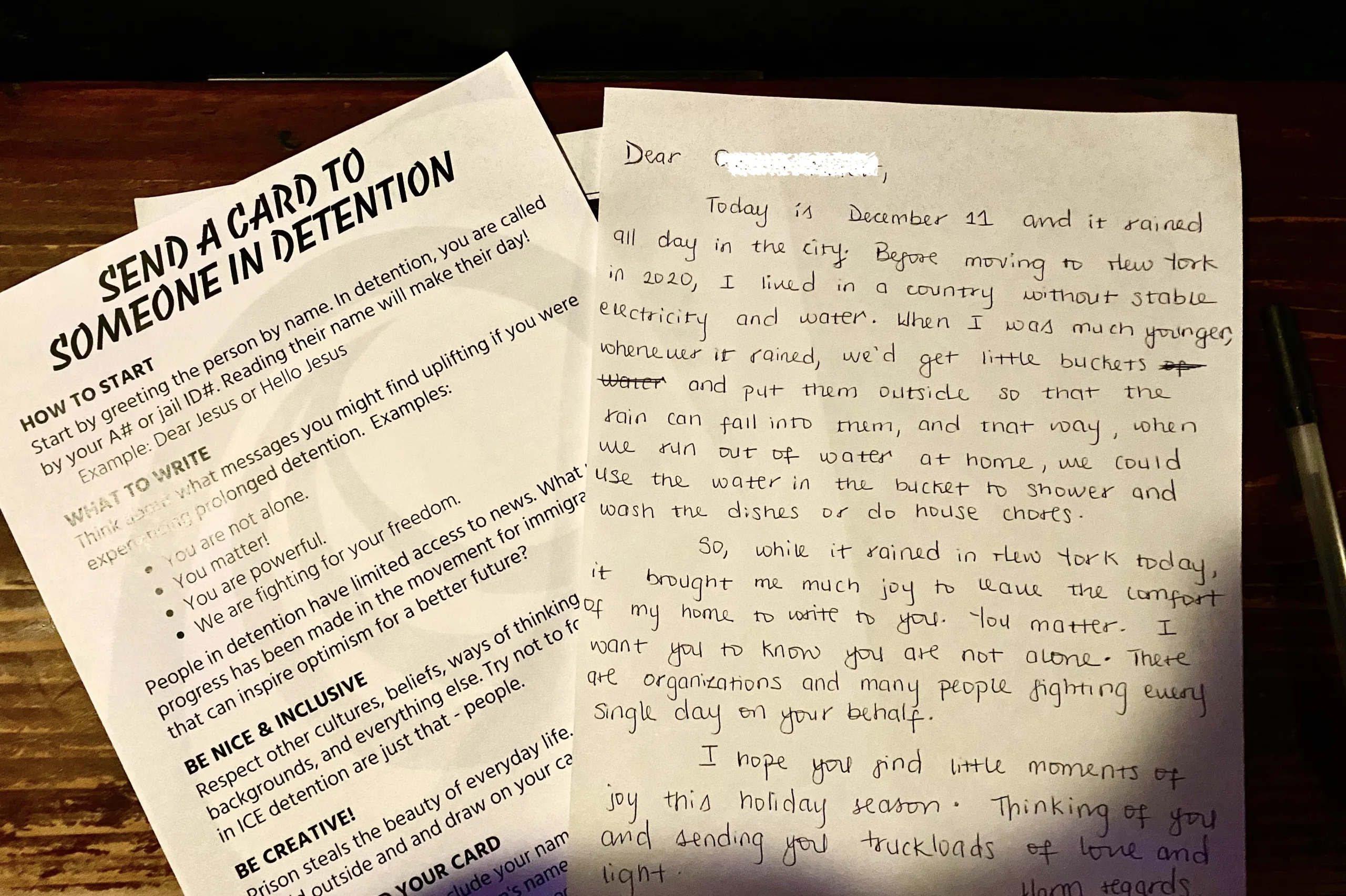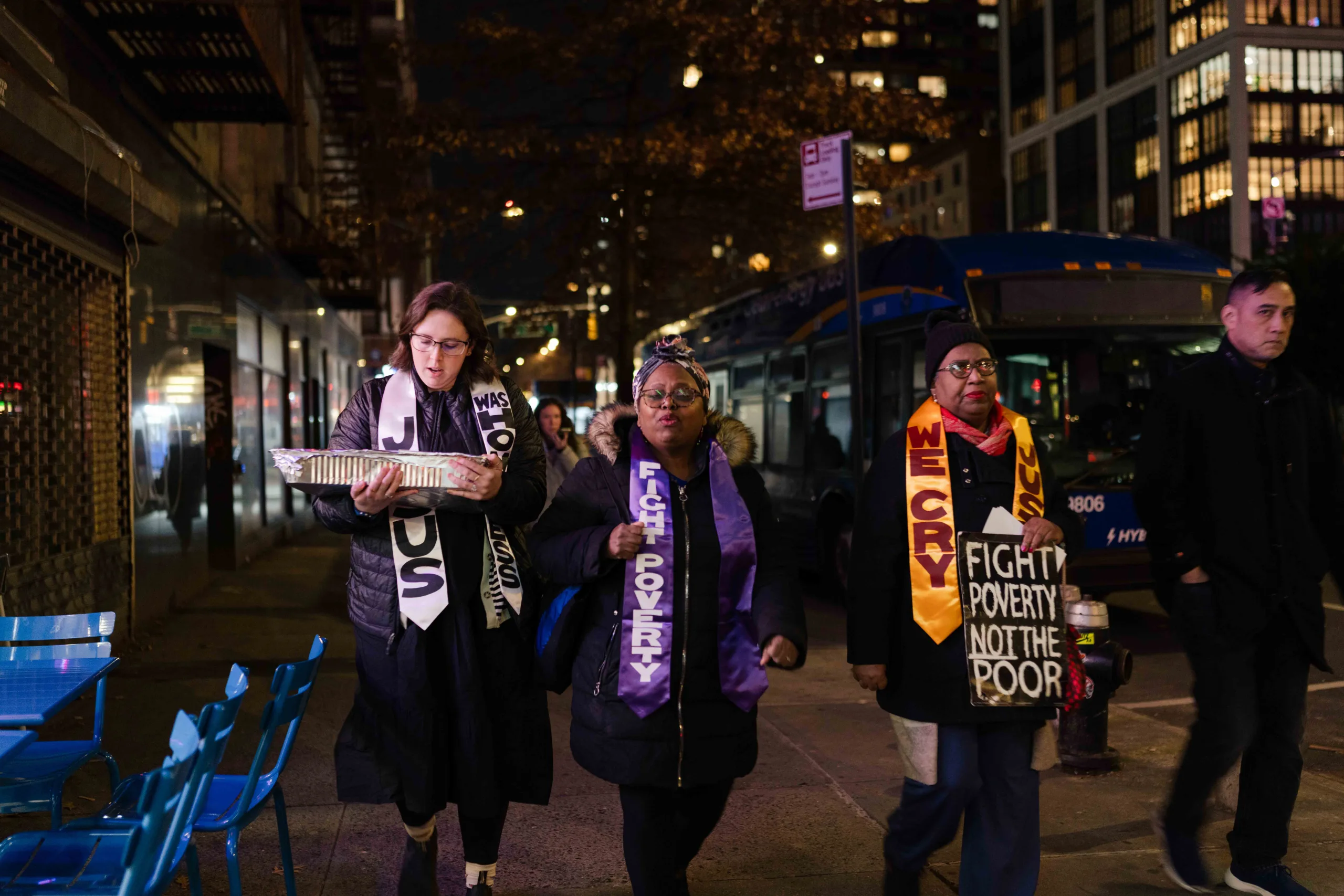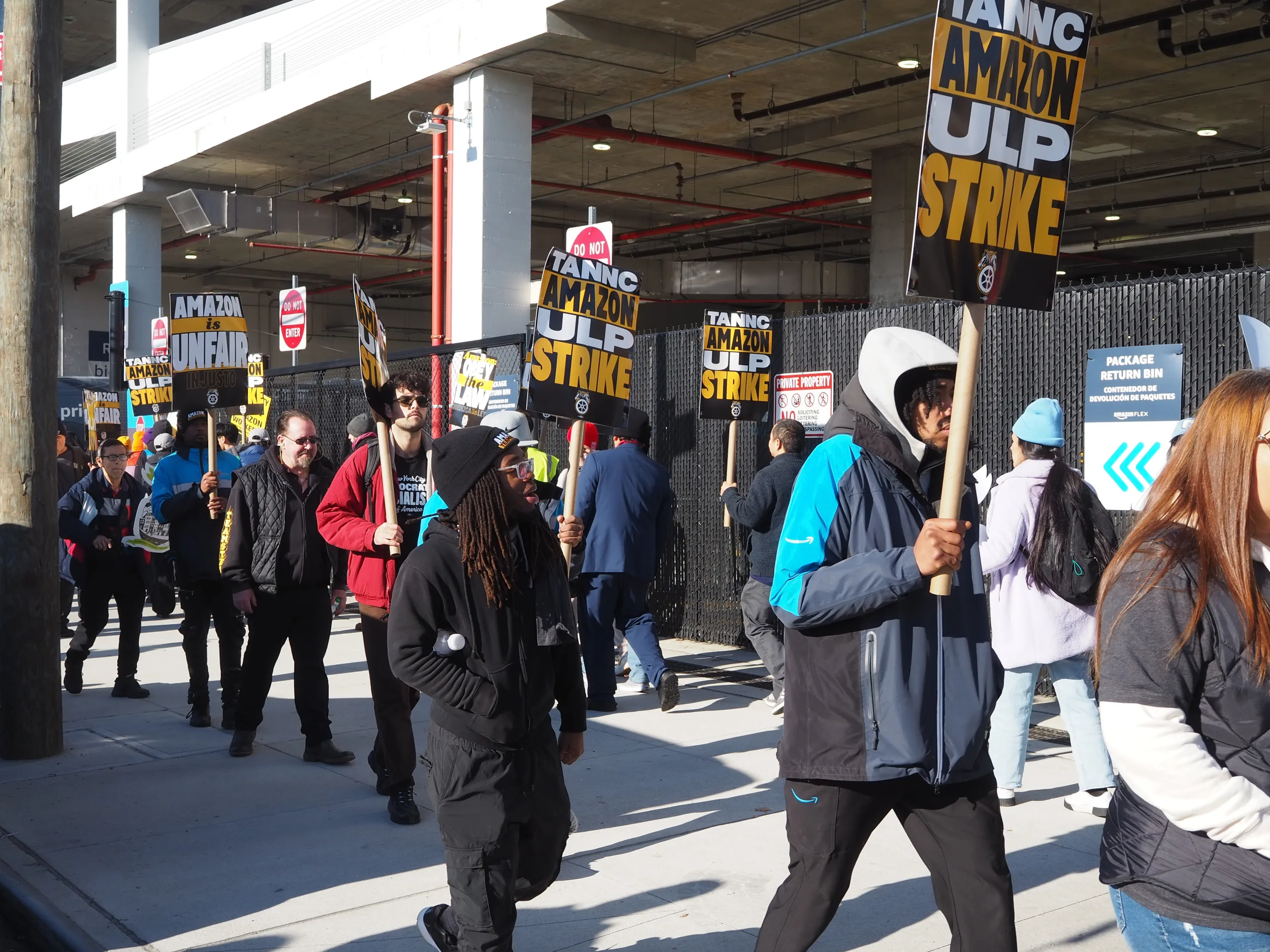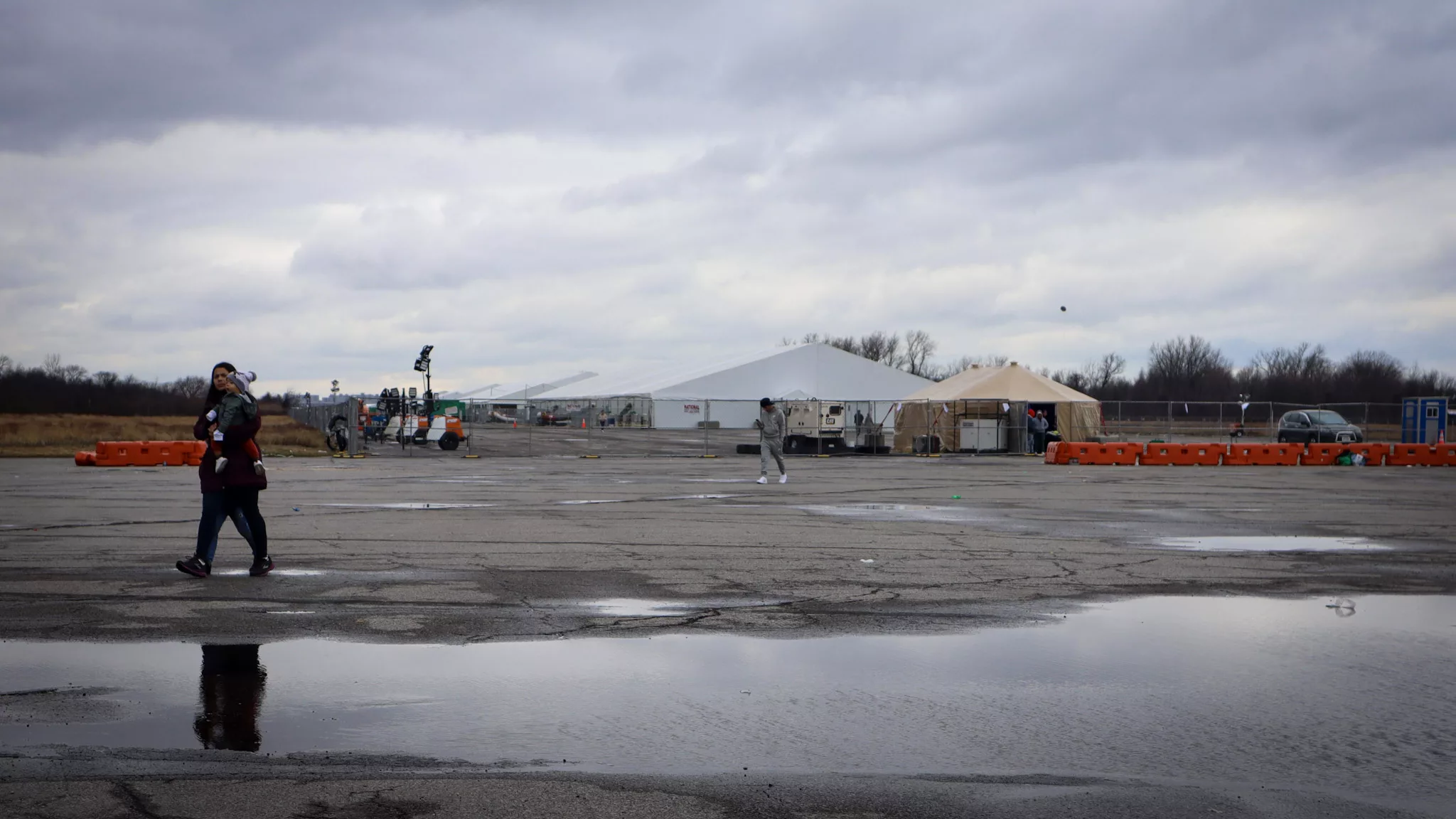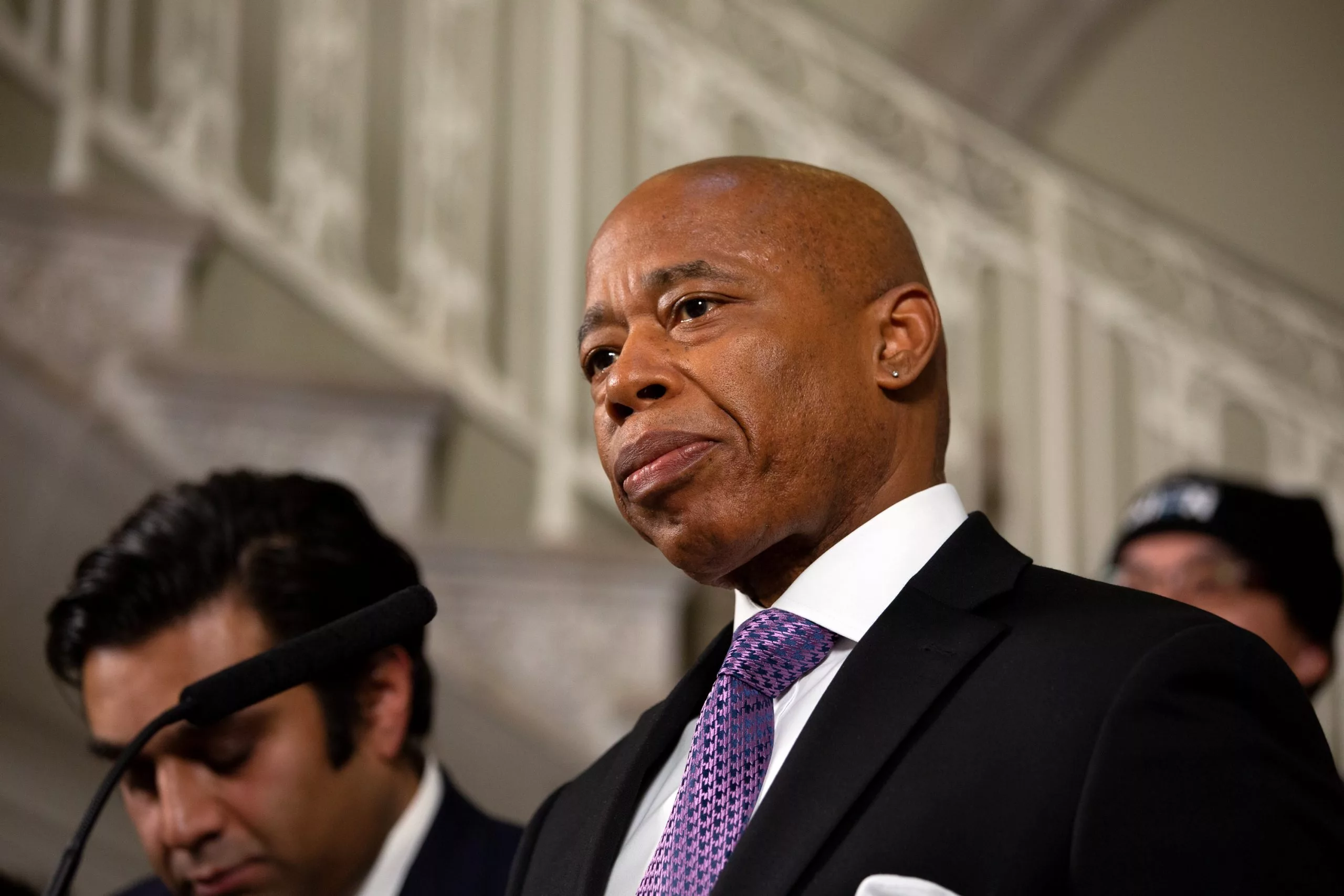This summary was featured in Documented’s Early Arrival newsletter. You can subscribe to receive it in your inbox three times per week here.
This month marks four years since 25-year-old Abigail Hernandez was arrested after threatening a school shooting and was put in immigration detention. The day after the Parkland school shooting in Florida, Hernandez posted a threat on the Facebook page of the Rochester high school she attended, stating that she was going to shoot people the next morning. Those who’ve looked at her case, including prosecutors, determined that Hernandez deserved leniency because of her intellectual disabilities, and not terrorism charges. While Hernandez’s case was resolved in 2018, she has been confined in Immigration and Customs Enforcement detention, stripped of her Deferred Action for Childhood Arrivals status, and targeted for deportation. A year ago, she was transferred to Rensselaer County Jail in upstate New York, farther from her friends and family in Rochester. The Progressive Magazine
In other local immigration news…
NJ’s Excluded Workers Fund Reaches Payout Limit, But Still Accepting Applications
The Excluded New Jerseyans Fund has reached its $40 million payout limit, but applications will still be accepted until Feb. 28, the state’s deadline. The state Department of Human Services, which administers the cash assistance program, announced Gov. Phil Murphy will use federal dollars available for cash relief from the American Rescue Plan to fulfill applications. Relief recipients receive $2,000 each, and a maximum of $4,000 per household. After a tumultuous rollout, advocates for undocumented and low-wage workers applauded the extension of the deadline. Far fewer applications than expected had rolled in by the end of the year, when the fund was scheduled to expire. North Jersey
纽约州“能源补助”申请指南
Taxi Medallion Owners Face Continued Pressures Despite Rescue Deal
Mohammed Motaleb, a Bangladeshi immigrant taxi driver in New York, received a letter from a law firm informing him that his taxi medallion would soon be sold at a private sale. The sale was being made “to enforce the rights of OSK,” a Minnesota-based lender that owns approximately 400 medallions, according to the city’s Taxi and Limousine Commission. Like Motaleb, many taxi medallion owners are still facing pressure to pay their skyrocketing debt despite the city passing a $65 million rescue deal that ended their hunger strike in November. NYC Taxi and Limousine Commission records reveal that since November, over 250 medallions have been foreclosed, including 94 in January. The City
ICYMI: What Lawful Permanent Resident Status Means for U.S. Immigrants
📍Documented Original
Residents with lawful permanent resident status, also known as green card holders, can live and work in the U.S. permanently and eventually apply for citizenship. Their status allows them to apply for work, own property, receive federal financial assistance, and live permanently anywhere in the U.S. LPRs can join the armed forces and later apply for citizenship, among other benefits. In order to successfully obtain citizenship, an LPR must maintain their status for five years (or three years through a marriage-based application) and successfully complete the citizenship test.
Our reader, Allan Wernick, an immigration law practitioner, flagged a technicality we misinterpreted in this piece last week: Applicants can naturalize after three years if they’re married to and living with a U.S. citizen spouse for three years no matter how their green card was obtained. Hence, if an individual got their green card through employer sponsorship, and a year later they marry a U.S. Citizen, they can naturalize three years later. This article by my colleague Rommel Ojeda is part of Documented’s Glossary, which aims to explain the U.S. immigration system. Read more about LPR on Documented.
Have more thoughts on this resource? We love to hear from our readers!




